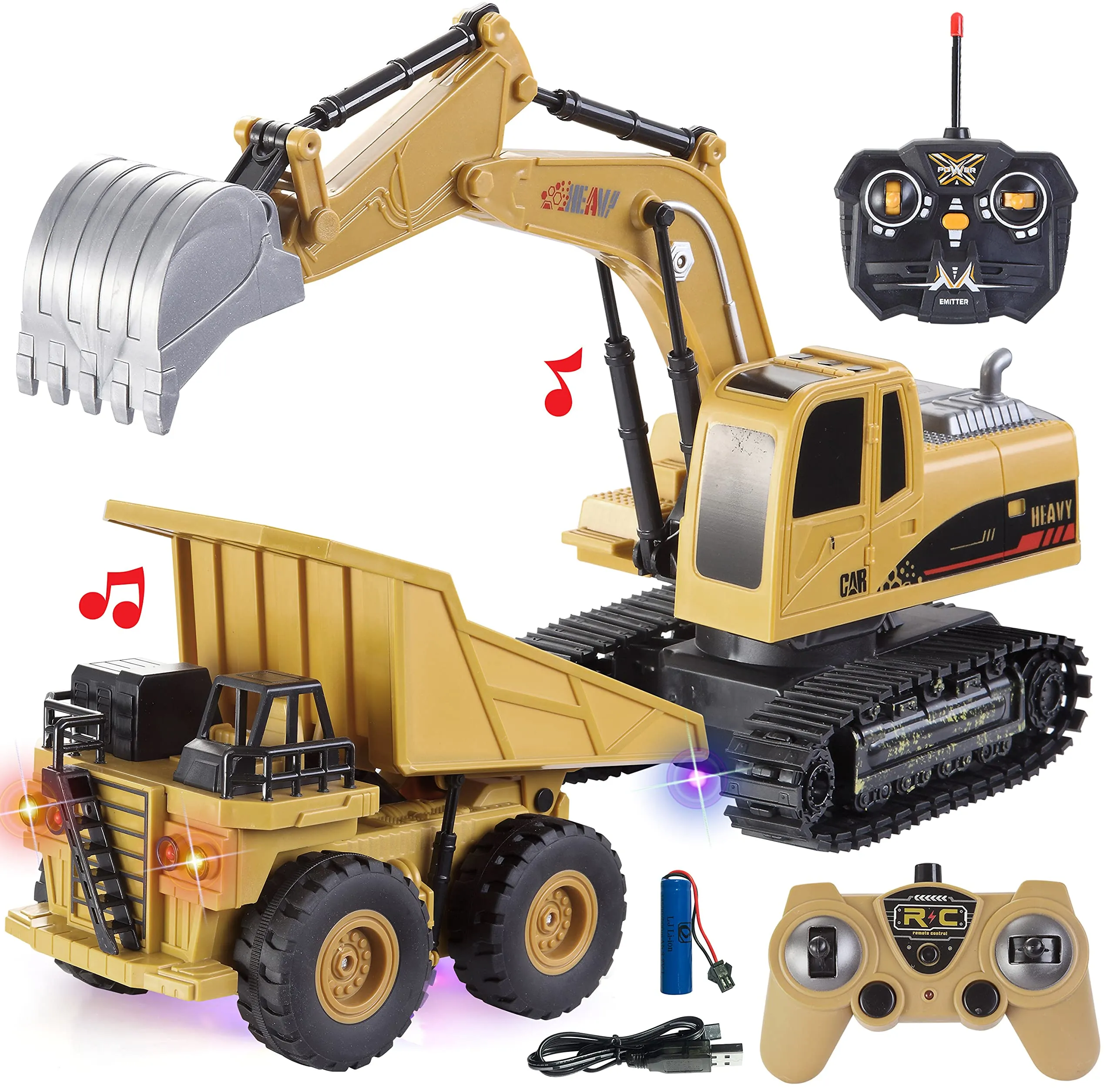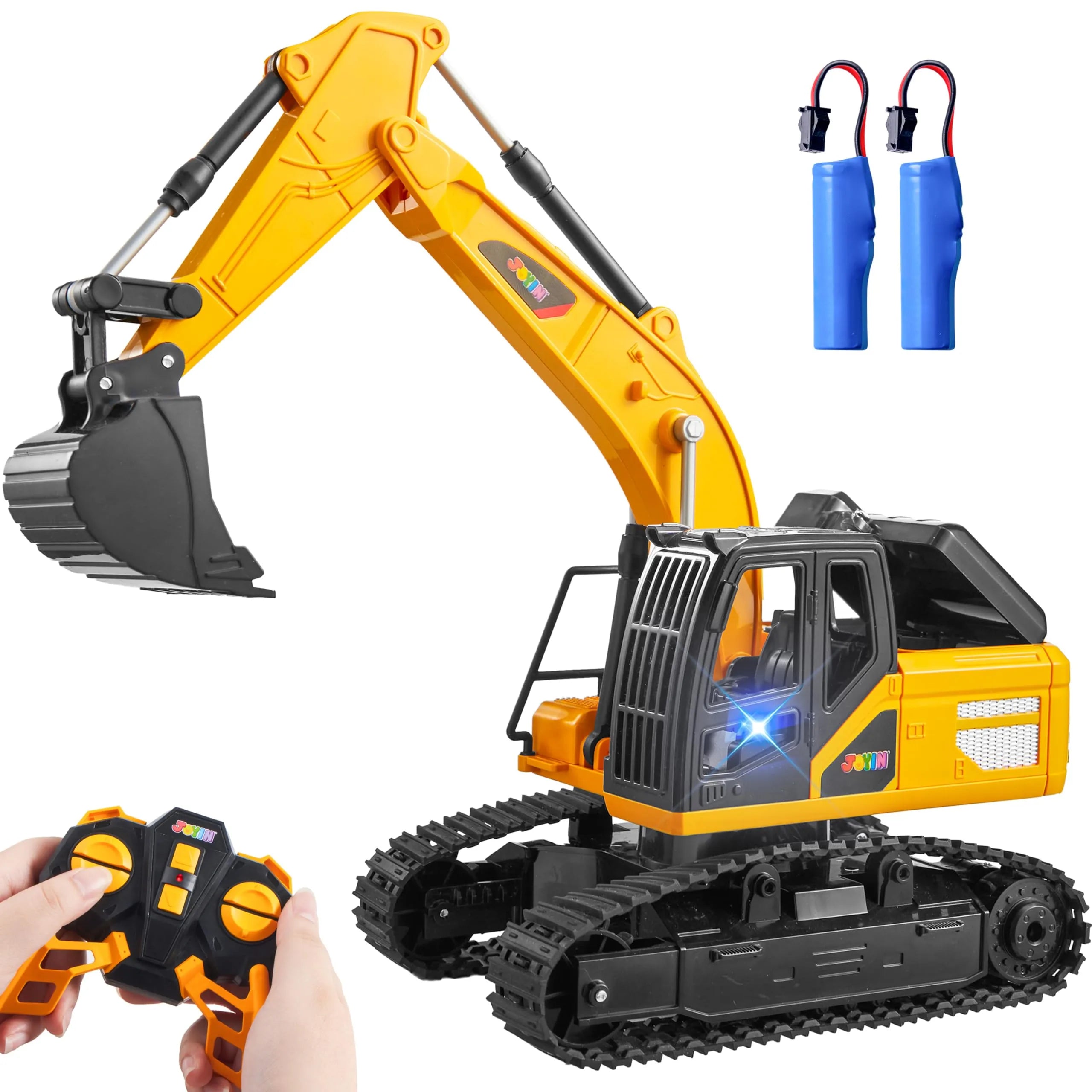Discover the Significance of Excavator in Modern Building Projects
Excavators are necessary tools in modern building jobs. Their adaptability enables them to carry out a vast array of tasks, from digging and grading to demolition and website prep work. Advanced features, such as hydraulic accessories and general practitioners, improve their abilities and performance on job sites. As the market advances, the relevance of excavators grows a lot more. Comprehending their role can reveal insights into the future of building practices. What exists in advance for these devices?
The Flexibility of Excavators in Numerous Projects
Although excavators are frequently related to massive building projects, their adaptability permits them to be utilized in a variety of applications, from residential landscape design to energy maintenance. In city settings, excavators can browse limited spaces to dig structures for homes or set up water drainage systems. Their ability to carry out fragile tasks makes them optimal for landscape design jobs, where they can excavate for ponds or plant trees. Furthermore, excavators play a necessary role in energy maintenance, efficiently excavating trenches for pipelines or cables without interfering with bordering areas. In agricultural applications, they aid in land clearing up and soil preparation. Furthermore, their adaptability allows them to be furnished with various attachments, boosting their capability across different jobs. This complex nature of excavators not only simplifies numerous building and construction procedures but additionally demonstrates their integral function in contemporary framework advancement and maintenance.
Trick Features and Sorts Of Excavators
The conversation on essential attributes and sorts of excavators highlights the crucial features that make these makers important in construction. Different excavator kinds, each designed for certain jobs, show their flexibility and performance across different applications. rc excavator. Comprehending these categories and attributes is vital for enhancing their usage in modern building tasks
Excavator Types Introduction
Excavators play a critical duty in modern building and construction, using flexibility and efficiency throughout different jobs. These heavy equipment systems come in several kinds, each tailored for particular applications. One of the most typical types include crawler excavators, known for their stability on uneven terrain, and wheeled excavators, which give better mobility on paved surface areas. Miniature excavators are favored for tight rooms and small-scale jobs, while long-reach excavators are created for deep digging. Furthermore, there are customized excavators, such as hydraulic excavators, which boost power and accuracy. Each type features distinct capabilities, making them essential for jobs varying from excavating and grading to demolition and material handling. Comprehending these variations allows building experts to choose the best excavator for their project needs.
Trick Includes Explained
Recognizing the vital attributes of excavators boosts their efficient application in building jobs. Excavators are defined by their effective hydraulic systems, which supply the needed force for excavating, training, and moving materials. Their expressed arms enable a large range of motion, helping with exact procedures in confined spaces. Furthermore, the variety of attachments, such as containers, grapples, and augers, broadens their versatility to fulfill different task demands. The dimension and weight of excavators also add to their stability and ability to move on various surfaces. Innovations in modern technology have actually led to the integration of General practitioner and automation, boosting accuracy and effectiveness in excavation jobs. These functions jointly place excavators as vital devices in modern-day building.
Applications in Building and construction
Transforming building websites, excavators play a pivotal role across numerous applications, varying from domestic building jobs to large-scale infrastructure advancements. These versatile machines are furnished for tasks such as digging structures, trenching for energies, and website grading. Various types of excavators, consisting of spider, wheeled, and mini excavators, offer particular benefits customized to the task needs. Spider excavators master rough terrains, while rolled excavators provide movement on smooth surfaces. Mini excavators are ideal for confined rooms, making them popular in metropolitan settings. The efficiency and power of excavators significantly accelerate building procedures, ensuring prompt job conclusion. Their flexibility even more enhances their relevance, permitting construction groups to tackle a varied variety of difficulties effectively.
Enhancing Effectiveness and Efficiency on Job Sites
Making the most of effectiveness and productivity on task websites is a vital objective in contemporary construction. Excavators play a crucial duty in attaining this objective by streamlining numerous jobs. Their capacity to execute numerous functions-- such as digging, grading, and lifting-- decreases the need for extra equipment, thus saving time and resources.Moreover, excavators improve workflow by enabling faster completion of projects. With innovative attributes like hydraulic add-ons and general practitioners innovation, they can carry out accurate operations that reduce errors and rework. This precision not just improves the quality of work yet likewise maximizes product use, adding to set you back savings.The convenience of excavators permits them to adjust to various site problems, guaranteeing that tasks progress efficiently despite obstacles. By integrating excavators into building processes, teams can substantially improve their total performance, leading to prompt task completion and raised productivity.
Safety Benefits of Making Use Of Excavators
Excavators considerably improve safety and security on building and construction websites with enhanced operator visibility and reduced manual work dangers. By giving operators with a clear view of their surroundings, excavators help to avoid crashes and injuries. In addition, the machinery minimizes the demand for employees to take part in harmful hands-on jobs, better advertising a more secure workplace.
Improved Driver Exposure
Although building and construction sites can be chaotic and loaded with potential risks, enhanced operator visibility plays a crucial role in making sure security when making use of excavators. Modern excavators are developed with huge, unblocked windows and strategically put mirrors, enabling operators to maintain a clear sight of their environments (rc excavator). This boosted exposure is critical for finding pedestrians, other equipment, and numerous barriers, substantially decreasing the risk of crashes. In addition, many excavators include innovative innovation, such as sensors and cams, to offer operators with additional perspectives, additionally improving understanding. The capacity to see even more clearly not just help in efficient procedure but also fosters a more secure workplace, making it much easier for operators to navigate complex building and construction websites without compromising safety criteria
Lowered Guidebook Labor Risks
When manual labor is reduced via the use of excavators, various safety benefits emerge, substantially enhancing the well-being of construction employees. Excavators minimize the physical pressure related to hefty training and recurring jobs, successfully lowering the risk of musculoskeletal injuries. By automating procedures such as excavating, grading, and relocating products, they enable employees to preserve a more secure distance from potential dangers. Furthermore, excavators are equipped with advanced safety functions, such as rollover security systems and boosted driver functional designs, which further protect workers on website. The result is a considerable decrease in work environment crashes and injuries, causing boosted productivity and morale among building and construction groups. Inevitably, the adoption of excavators adds to a more secure and extra efficient building setting.
Excavators in Earthmoving and Site Preparation
In contemporary building, a substantial section of earthmoving and website preparation tasks relies on the effectiveness and convenience of excavators. These machines are made to handle different dirt types and terrain, making them vital for grading, digging, and trenching tasks. Their hydraulic arms can be equipped with various add-ons, such as augers and containers, allowing operators to customize their strategy based upon certain task requirements.Excavators succeed at relocating large volumes of earth swiftly and successfully, which speeds up the total construction timeline. They can browse tight rooms and testing websites where standard equipment may have a hard time, enhancing efficiency. In addition, the accuracy of excavators guarantees that site prep work follows rigorous specifications, decreasing the risk of mistakes that could cause expensive rework.
The Role of Excavators in Demolition Tasks
Excavators play a crucial function in demolition tasks, as they have the power and dexterity required to take apart structures effectively. Equipped with numerous attachments such as hydraulic breakers, shears, and grapples, these makers can adjust to various demolition needs, whether for tiny buildings or big commercial sites. Their flexibility allows drivers to tackle complex projects while keeping safety and security and precision.In addition to their demolition capacities, excavators facilitate particles elimination, making certain that work sites continue to be orderly and risk-free. By damaging down structures right into manageable items, they permit structured cleaning and recycling of products, lining up with modern sustainability efforts.Moreover, excavators can access tight spaces and navigate uneven surface, making them crucial in urban demolition projects. On the whole, their durable design and multifunctionality make excavators an essential possession in the demolition stage of building and construction, contributing significantly to project timelines and effectiveness.


Future Fads in Excavator Modern Technology and Usage
As the construction market evolves, innovations in excavator technology are positioned to transform their usage and performance significantly. One substantial trend is the integration of automation and expert system, enabling excavators to run with minimal human treatment. This change will certainly boost accuracy in tasks such as grading and trenching, minimizing human error and raising productivity.Additionally, the surge of electric and hybrid excavators is forming a much more sustainable building setting, lowering carbon emissions and gas expenses. Enhanced telematics systems are also emerging, enabling real-time surveillance of device efficiency and upkeep needs, which can cause much better functional efficiency and longer tools lifespan.Moreover, developments in attachment technology are expanding the adaptability of excavators, permitting them to execute a wider variety of tasks. The mix of these trends demonstrates a future where excavators are smarter, greener, and extra versatile, eventually reshaping building and construction task dynamics.
Frequently Asked Concerns
Exactly How Do Excavators Compare to Various Other Building Equipment?
Excavators, characterized by their adaptability and power, stand out in digging and earthmoving contrasted to other equipment. Their ability to execute numerous tasks, consisting of lifting and demolition, makes them crucial in building projects, enhancing total performance.

What Is the Ordinary Life-span of an Excavator?
The ordinary lifespan of an excavator normally ranges from 7,000 to 10,000 operating hours, relying on maintenance, use problems, and design. Appropriate treatment can prolong this lifespan, making sure peak performance throughout its functional years.
How Are Excavators Maintained for Ideal Efficiency?
Excavators require regular maintenance for peak performance, including regular assessments, liquid checks, filter substitutes, and timely repair services. Applying a preventative upkeep routine assists extend their life-span and guarantees efficient operation in various construction settings.
What Are the Costs Connected With Acquiring an excavator vs. renting?
The prices connected with acquiring an excavator versus renting differ substantially. Leasing offers lower upfront costs however can build up with time, while acquiring needs a significant preliminary financial investment, however gives long-lasting cost savings and asset ownership benefits.
What Training Is Needed to Operate an Excavator?
Running an excavator calls for specialized training, usually consisting of safety protocols, machine operation techniques, and ecological recognition. Qualification programs usually mandate functional experience, allowing operators to handle numerous jobs efficiently while making sure conformity with industry regulations. The most usual kinds consist of crawler excavators, recognized for their security on uneven surface, and rolled excavators, which provide higher movement on paved surface areas. Tiny excavators are preferred for limited rooms and small-scale jobs, while long-reach excavators remote control excavator are created for deep digging. In addition, there are specific excavators, such as hydraulic excavators, which boost power and accuracy. Various kinds of excavators, consisting of crawler, wheeled, and mini excavators, supply certain advantages customized to the job needs. Crawler excavators succeed in rough terrains, while rolled excavators offer wheelchair on paved surface areas.